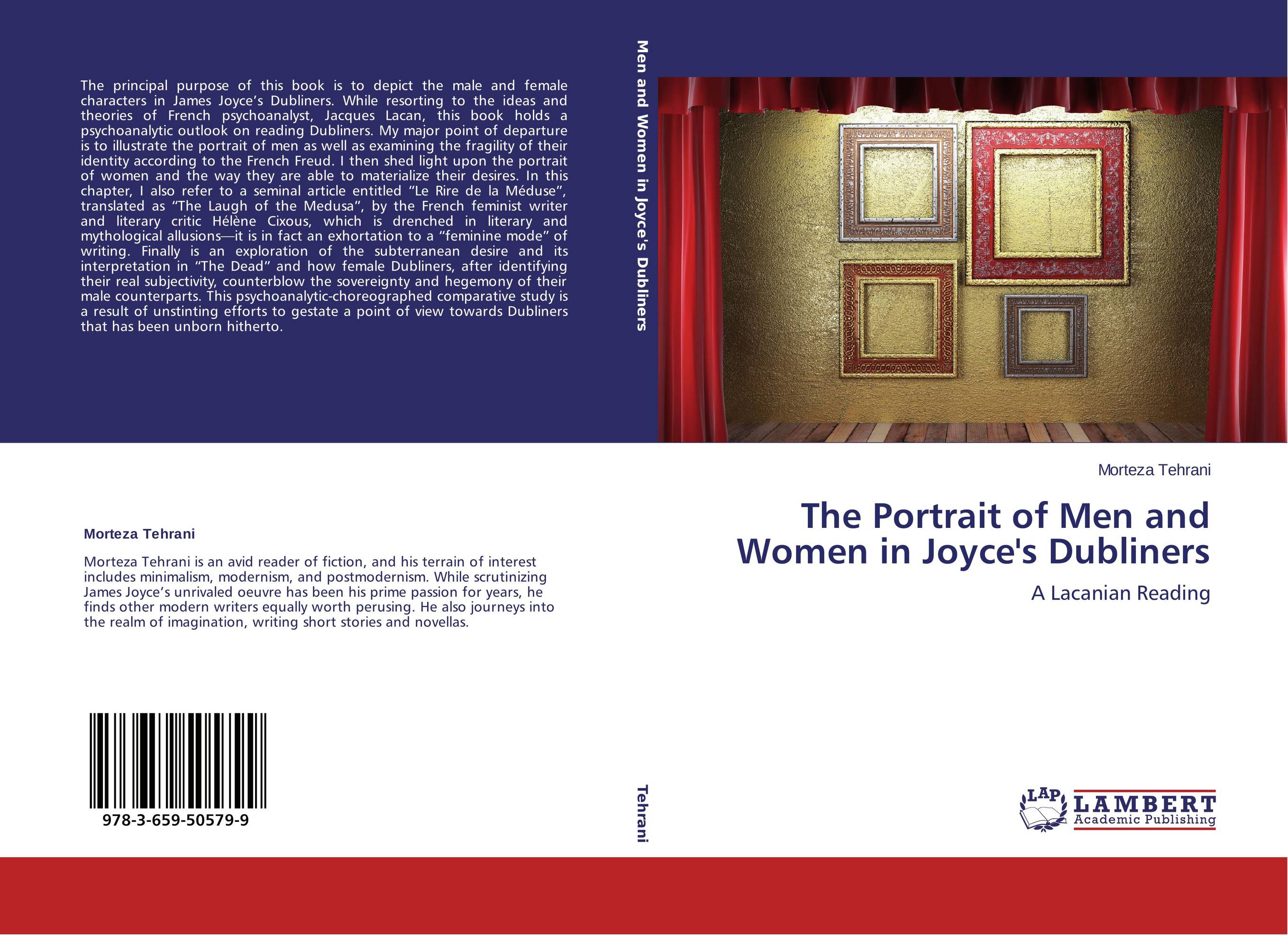| Поиск по каталогу |
|
(строгое соответствие)
|
- Профессиональная
- Научно-популярная
- Художественная
- Публицистика
- Детская
- Искусство
- Хобби, семья, дом
- Спорт
- Путеводители
- Блокноты, тетради, открытки
The Portrait of Men and Women in Joyce's Dubliners. A Lacanian Reading

В наличии
| Местонахождение: Алматы | Состояние экземпляра: новый |

Бумажная
версия
версия
Автор: Morteza Tehrani
ISBN: 9783659505799
Год издания: 2014
Формат книги: 60×90/16 (145×215 мм)
Количество страниц: 112
Издательство: LAP LAMBERT Academic Publishing
Цена: 32315 тг
Положить в корзину
| Способы доставки в город Алматы * комплектация (срок до отгрузки) не более 2 рабочих дней |
| Самовывоз из города Алматы (пункты самовывоза партнёра CDEK) |
| Курьерская доставка CDEK из города Москва |
| Доставка Почтой России из города Москва |
Аннотация: The principal purpose of this book is to depict the male and female characters in James Joyce’s Dubliners. While resorting to the ideas and theories of French psychoanalyst, Jacques Lacan, this book holds a psychoanalytic outlook on reading Dubliners. My major point of departure is to illustrate the portrait of men as well as examining the fragility of their identity according to the French Freud. I then shed light upon the portrait of women and the way they are able to materialize their desires. In this chapter, I also refer to a seminal article entitled “Le Rire de la M?duse”, translated as “The Laugh of the Medusa”, by the French feminist writer and literary critic H?l?ne Cixous, which is drenched in literary and mythological allusions—it is in fact an exhortation to a “feminine mode” of writing. Finally is an exploration of the subterranean desire and its interpretation in “The Dead” and how female Dubliners, after identifying their real subjectivity, counterblow the sovereignty and hegemony of their male counterparts. This psychoanalytic-choreographed comparative study is a result of unstinting efforts to gestate a point of view towards Dubliners that has been unborn hitherto.
Ключевые слова: Psychoanalysis, James Joyce, Dubliners, Jacques Lacan



